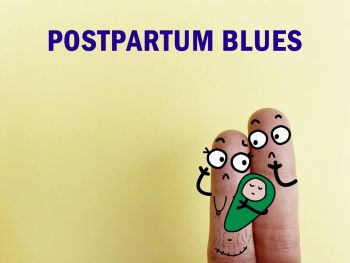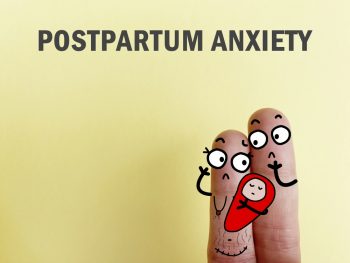Congratulations on your new bundle of joy! The experience of childbirth is beautiful and overwhelming, especially for first-time mothers. While you are indulging in the joys of motherhood, it is important to understand the phenomenon of postpartum hormones, which are the hormonal changes that accompany postpartum.
Postpartum hormonal shifts can vary for each mom, but in this blog, we’ll help you explore what postpartum hormones are, how long they will last, and what to expect during each stage of these changes.
Understanding postpartum hormones is important for new mothers, fathers, and pregnant women so that they can be better prepared for the journey ahead.
In this article, we will delve deeper into the topic of postpartum hormones to give you a comprehensive understanding of what to expect.
What are postpartum hormones?
Postpartum hormones or postnatal hormones are hormonal changes that occur after childbirth. These hormonal shifts play a crucial role in the physical and emotional recovery of a new mom.
The hormonal changes are triggered by the end of pregnancy as well as the delivery process. Once a baby is born, the body of a mother must undergo various transformations to revert to pre-pregnancy form.
Estrogen and progesterone levels, which are high during pregnancy, reduce within the first twenty-four hours following childbirth. Prolactin, a hormone responsible for breast milk production, can remain elevated for several months of breastfeeding.
Oxytocin a hormone that promotes bonding between the mother and the newborn, is also produced in high levels postpartum. This hormone is critical during breastfeeding and helps to facilitate letdown.
How long do these hormones last?
Postpartum hormones can last anywhere from six weeks to six months postpartum. The initial six weeks are typically the most intense hormone shifting period.
Throughout the first two weeks, moms can often find themselves experiencing a variety of emotions. This includes crying, anxiety, and feelings of detachment, which can be attributed to fluctuating hormone levels after delivery.

As the body continues to adjust to the change in hormones, new mothers may notice they start feeling more balanced, like their normal selves. For some mothers, this process can be a bit slower.
Hormonal changes can cause physical symptoms following childbirth, such as hot flashes, night sweats, and vaginal dryness. Physical symptoms tend to ease when the hormonal shifts stabilize, typically within six months of delivery.
What to expect during each stage of these changes?
In the first few days postpartum, the levels of estrogen and progesterone drop dramatically, which can lead to mood swings, anxiety, and fatigue. It is common to feel a bit overwhelmed and emotional during this time.

The hormone oxytocin, which is responsible for promoting bonding between the mother and baby, is also at its highest level during this time. It helps with milk letdown during breastfeeding, and the feeling of warmth and comfort you get when you are nursing your baby.
Around the second week postpartum, the levels of hormones start to stabilize, and you will start to feel more like your normal self. By the third or fourth week, the physical and emotional symptoms will continue to improve.
How can you deal with these postpartum hormonal changes?
Motherhood can be intense and daunting, but it is essential to remember that postpartum hormonal changes are entirely natural.
One way to cope is to ensure you are receiving support from family and friends. It is also helpful to ensure that you are communicating with your partner so that they can appreciate what you are going through.

If you are experiencing any symptoms that last beyond postpartum duration, it is recommended that you visit your doctor.
Remember that every mom’s journey is different, and there is no right or wrong way to navigate through the journey. Don’t hesitate to seek support from family and friends if you feel overwhelmed. Know that you are not alone in this journey !


